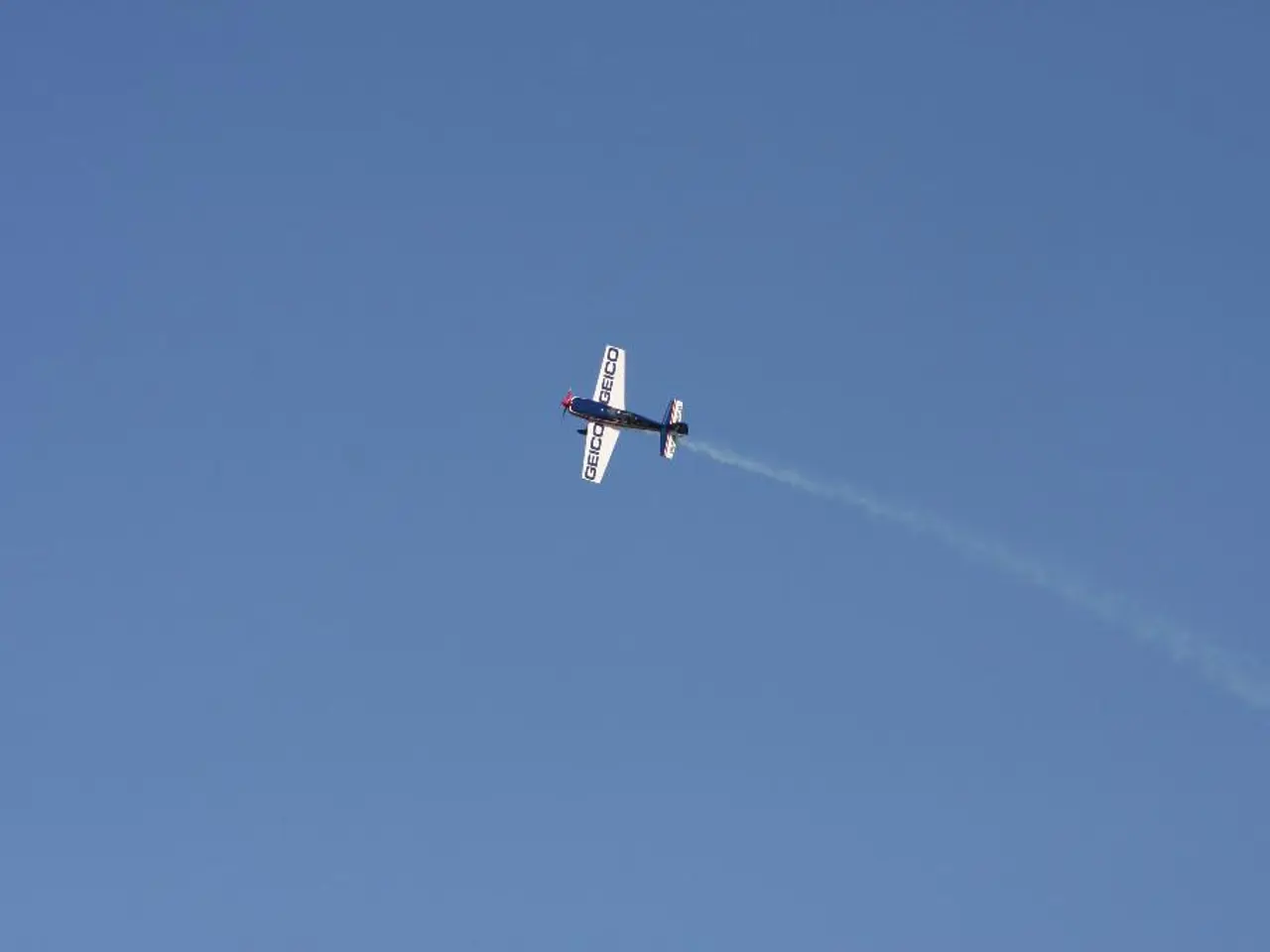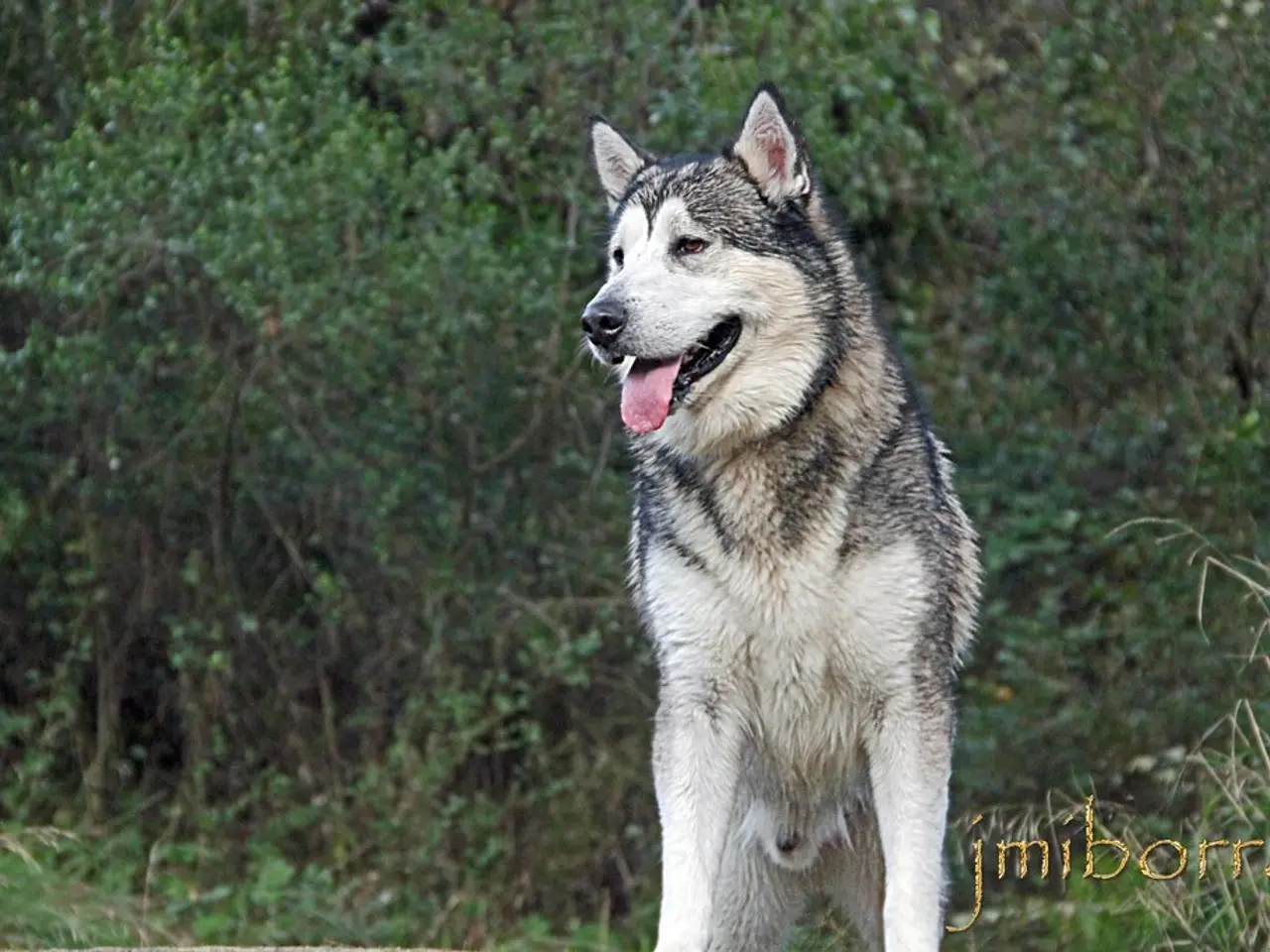Russian spy plane encountered over the Baltic Sea prompts Germany's immediate deployment of fighter jets.
In a recent incident over the Baltic Sea, German fighter jets clashed with a Russian Il-20 spy plane. According to German tabloid Bild, this encounter occurred on June 27th, marking yet another instance of aerial tensions between the two nations.
With Moscow suspected of using these aircraft for spying on NATO's positions, such incidents have become increasingly common since Russia's full-scale invasion of Ukraine in 2022. This Russia-Ukraine conflict has continued to pose a significant threat to NATO.
The Russian Il-20M, absent any transponder signal, was journeying westward toward international airspace close to Poland and Germany when it was spotted by NATO radar systems. After receiving intelligence from NATO, the German Armed Forces' Quick Reaction Team (QRT) launched two Eurofighter jets to intercept the plane.
The German jets made visual contact with the Russian plane roughly 100 kilometers off the German coast and captured a photograph of it. Despite the interception, the Il-20M persisted with its course. Eventually, the Russian aircraft veered northwards, coming within 40 kilometers of the Baltic Sea island of Usedom, narrowly avoiding a violation of German airspace.
This is reportedly the ninth such interception mission conducted by German forces in 2025. With Russia's ongoing aggression against Ukraine and its potential danger to NATO, German Chancellor Friedrich Merz has expressed his intention to avoid direct communication with Russian President Vladimir Putin. Merz's actions follow former Chancellor Olaf Scholz's resumption of talks with Putin by phone in November 2024, making Scholz the first EU leader to do so since the invasion began.
Russia's ongoing aggression in war-and-conflicts, particularly the Russia-Ukraine conflict, has raised political tensions, with general news outlets reporting an increase in aerial encounters between NATO and Russian forces. This year alone, German Chancellor Friedrich Merz has opted for diplomatic cautions, choosing to avoid direct communication with Russian President Vladimir Putin over concerns regarding Putin's stance on war-and-conflicts and politics.








